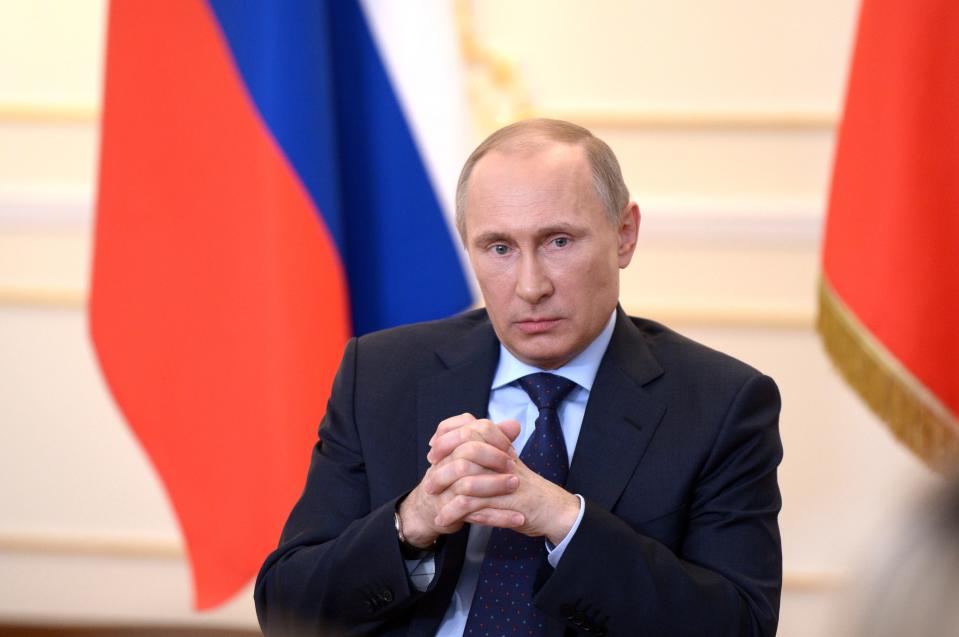Russia Plants Child Porn on Foes’ Computers, Critics Claim

In a sinister twist on an old form of information warfare, Russia is allegedly infecting the computers of Kremlin opponents with child pornography in order to discredit them. In some cases, this has led to the targets facing police investigations and public humiliation.
One of the targets was Vladimir K. Bukovsky, a longtime Russian dissident who lives in London. According to the The New York Times, British police burst into Bukovsky’s apartment last year and hauled away two computers before charging him with making and distributing child pornography.
The prosecutors, however, eventually halted the investigation after a forensic review concluded an “unidentified third party” had probably planted the illegal files. Other reported targets of the child porn plants include a Russian environmental activist living in Lithuania and a French cultural executive who ran afoul of officials in the Siberian city of Irkutsk.
Get Data Sheet, Fortune's technology newsletter.
According to the The New York Times article, the campaign to plant child pornography is a nasty expansion of a long-running Russian tactic known as “kompromat” which relies on ruining opponents’ reputations using compromising images:
Old-style kompromat featured doctored photographs, planted drugs, grainy videos of liaisons with prostitutes hired by the K.G.B., and a wide range of other primitive entrapment techniques.
Today, however, kompromat has become allied with the more sophisticated tricks of cybermischief-making where Russia has proved its prowess in the Baltic States, Georgia and Ukraine.
The campaign to frame people as pedophiles also fits within a larger Russian effort to portray human rights activists as degenerates, according to another source in the story.
These tactics may not be limited to the Russian government. The New York Times article also cites Russian hackers, motivated by profit, who post offers on clandestine websites to plant child pornography in order to ruin reputations or get someone arrested. The going price for such a job is reportedly $600, paid in bitcoins.
Meanwhile, the Russian government’s hacking efforts are front and center in other news--including the CIA’s conclusion this week that the Kremlin used hacking as part of a campaign to help Donald Trump during the presidential election.
See original article on Fortune.com
More from Fortune.com
